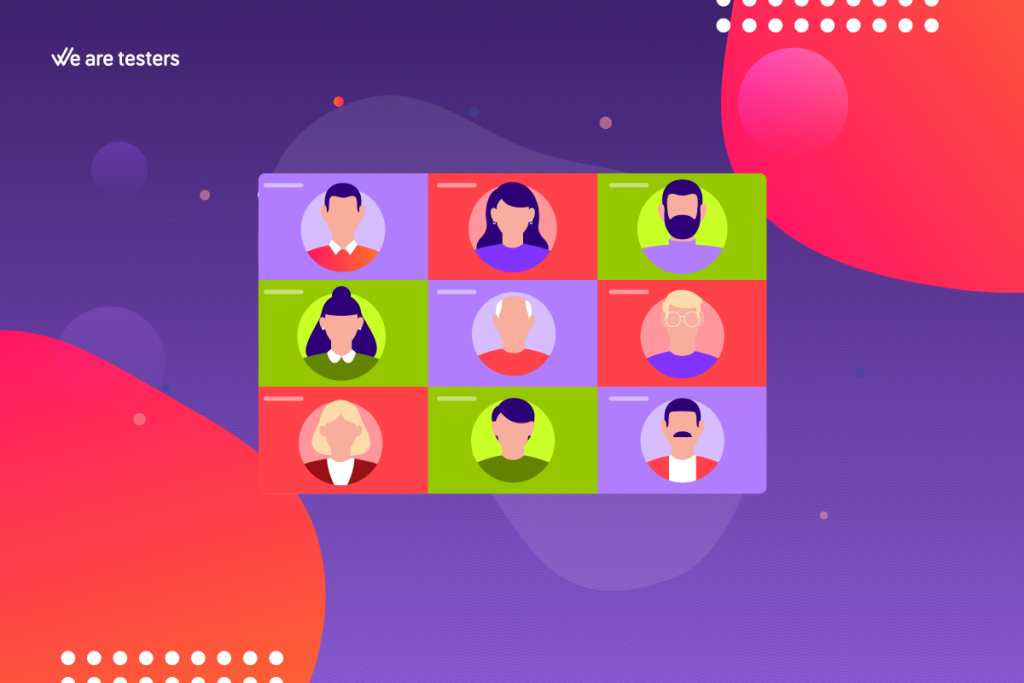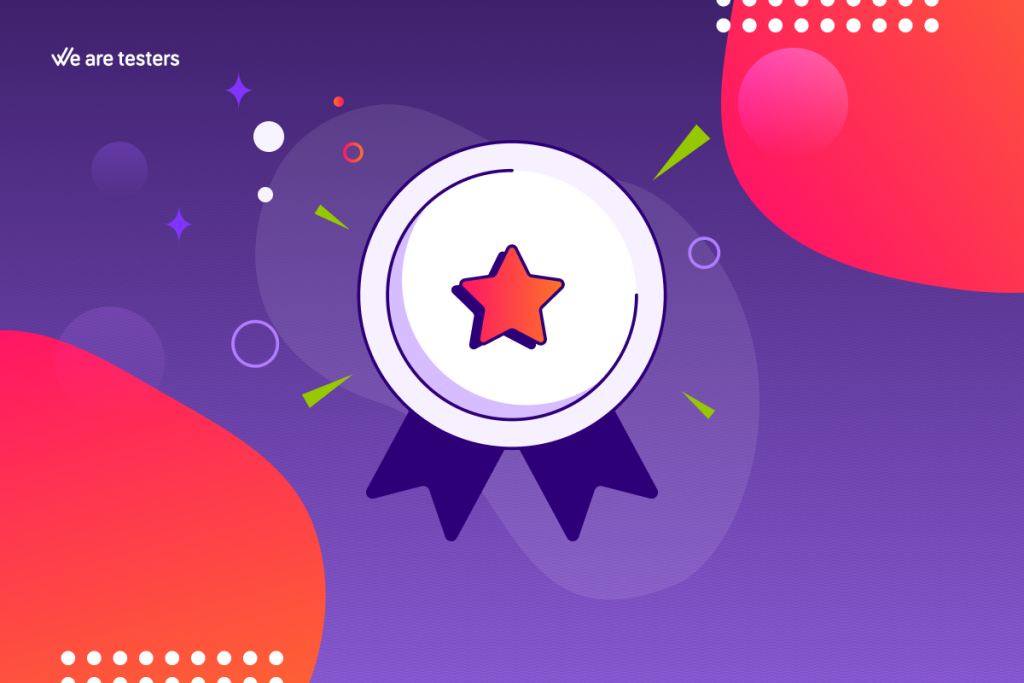
There are occasions when it’s necessary to delve deeper into gathering information about our potential customers’ preferences. Or it may be necessary to enrich the existing information. In those moments, a well-conducted focus group can be the source to quench the thirst for information. Here we tell you everything you need to know about focus groups.
What is a focus group?
A focus group is a type of qualitative research that involves conducting in-depth interviews with a group of people. Unlike one-on-one interviews, in focus groups, people influence each other, creating synergies. It is a very effective way to learn the most sincere opinions of the target audience.
They can be conducted in person or online, but both methods are equally effective.
Ultimately, what matters is how the interview is structured, which people are chosen for it, and, above all, how it is moderated. It is very important to master these three aspects to ensure optimal results.
What are focus groups used for?
This type of market research is an excellent tool for obtaining detailed information about some aspect of the brand, a product, or a service. During the focus group session, various opportunities are created for all participants to share their feelings and opinions about the aspects being evaluated.
This tool is often used to gather the opinions of potential consumers of a product that has not yet been released to the market or to learn what people think about existing ones. It is also a great way to explore new approaches in marketing or commercial campaigns.
How to conduct a focus group?
Conducting a focus group in Spain or any other country is easy. Here are some key points to conduct a focus group:
1. Plan and define the study
As in any marketing strategy, planning and defining come first. What will be the target audience of the study? What is the objective of the study? Remember that delimiting is not detrimental, quite the opposite.
2. Recruit participants wisely
When choosing who will participate in the focus group, clear inclusion and exclusion criteria must be established. That is, the person who has to recruit the group of participants (generally, a focus group consists of groups of 6 to 12 people) must have a clear understanding of which people are interesting and which are not. As usual, the greater the diversity, the better.
3. Have an experienced moderator
Choosing the moderator is crucial, as they are responsible for guiding the conversation on the most interesting points. A good moderator should have charisma and charm, as well as the ability to manage groups and fluent communication skills. Additionally, they must be an expert in the topic being discussed, and if they are someone from outside the company, that’s even better (maintaining a neutral profile is recommended, and it is easier to achieve if the moderator is someone not affiliated with the company).
4. The importance of having a loyal community
Without participants, there is no study, that is undeniable. That’s why knowing where to find these people can save time and resources. And where is that? The community that has been built around the brand.
If it is a well-maintained community, which it should be, it will be full of all kinds of candidates for all types of studies. Furthermore, because they are more aligned, they will be more predisposed to participate and contribute more than other people outside the community.
Without a doubt, working together with your community is always beneficial. It is a symbiotic relationship, as all invested resources are returned with interest.
5. Prepare the conditions
Regardless of whether it is an in-person or digital focus group, aspects such as the location and conditions need to be specified. In other words, you need to determine where the study will take place (in the case of online, through which program or application), when it will be conducted, and also make an estimate of how long the session will last, ideally between 1 and 2 hours.
Since a group of strangers will spend a considerable amount of time together, it is essential to ensure that the atmosphere is as comfortable as possible. This may mean something as simple as providing drinks or reconsidering the room layout.
In the case of digital focus groups, it is crucial that both the internet and the tools to be used function correctly and are designed to ensure usability.
6. Work on the questions and the dynamics
As is normal, the questionnaire also has its importance. One of the most commonly used structures is to organize questions into different groups. That is, having a set of introductory questions, another for exploration, and one for closure, for example.
The number of questions in the script will affect the duration of the session, so it is best not to spend too much time on less important questions.
7. Record the sessions
It is impossible for the moderator or observers to retain all the information, so it is highly recommended to set up the space for comfortable recording of the conversation for later analysis.
8. Analyze the collected information
Once the focus group has been conducted, it is time to analyze all the gathered information. Thanks to the notes of the observers and the moderator, a lot of data can be collected, and the value of analyzing the recording multiple times should not be underestimated. Remember that what interviewees say is just as important as what they do not say.
9. Address the hypotheses
Once the focus group has been fully analyzed, it is time to draw conclusions and address the hypotheses that were posed. Sometimes, multiple focus groups are conducted to corroborate information and arrive at more accurate conclusions.
We’ve already told you what focus groups are and how to conduct them successfully. Still have questions? Our experts can help you conduct focus groups in Spain and in any other country. Contact us!
Update date 30 July, 2024

